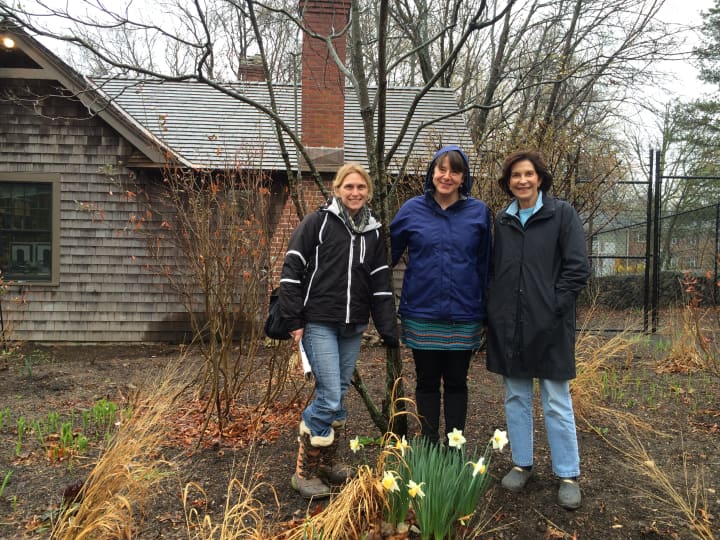The chilly spring “is not a new phenomenon,” said Fairfield resident Jane Carey.
“It’s a possibility that this is global warming,” said Carey. But over the last few years, she has noticed that it stays colder longer into spring, she said.
This poses problems for the normal actions of spring, mostly the planting of flowers and vegetables, she said. But for gardeners such as Carey and Peggy Stuart, spring is more about the soil temperature than any specific date.
It’s important for people to know that the flowers and plants sold in nurseries aren’t always meant to be put directly into the ground, Stuart said. The general rule of thumb for gardeners in this area is that the last frost date is Mother’s Day. After that, vegetables can be put into the ground.
The cold does have one good aspect, Stuart said. “This spring is a time delay, and you can spot the invasive vines and plants better than you have been able to in the past,” she said.
People might also notice that all the daffodils are blooming at the same time, Cary said. That’s because the early bloomers are better adapted to cold weather, so they’re staying in bloom longer, she said.
But the cold will probably also affect the trees. “They’ll all be leafing at the same time,” Carey said, bringing on a “bad pollen season.”
When it comes to wildlife and birds, the long cold spring might not be a huge factor.
“Our habitats are continuously being modified,” said Michelle Eckman, director of education at the Connecticut Audubon Society. Birds don’t migrate north because of the temperature but rather the length of the day.
“The only [immediate] issue would be the competition for food sources,” Eckman said. The long-term affects to the birds might be the number of offspring they have later this year. “It’s hard to put your finger on one thing a cold spring might have an impact on.”
Click here to follow Daily Voice Fairfield and receive free news updates.


